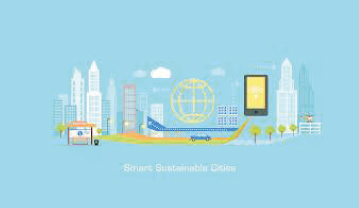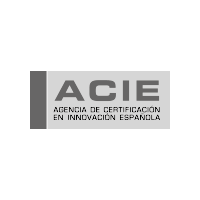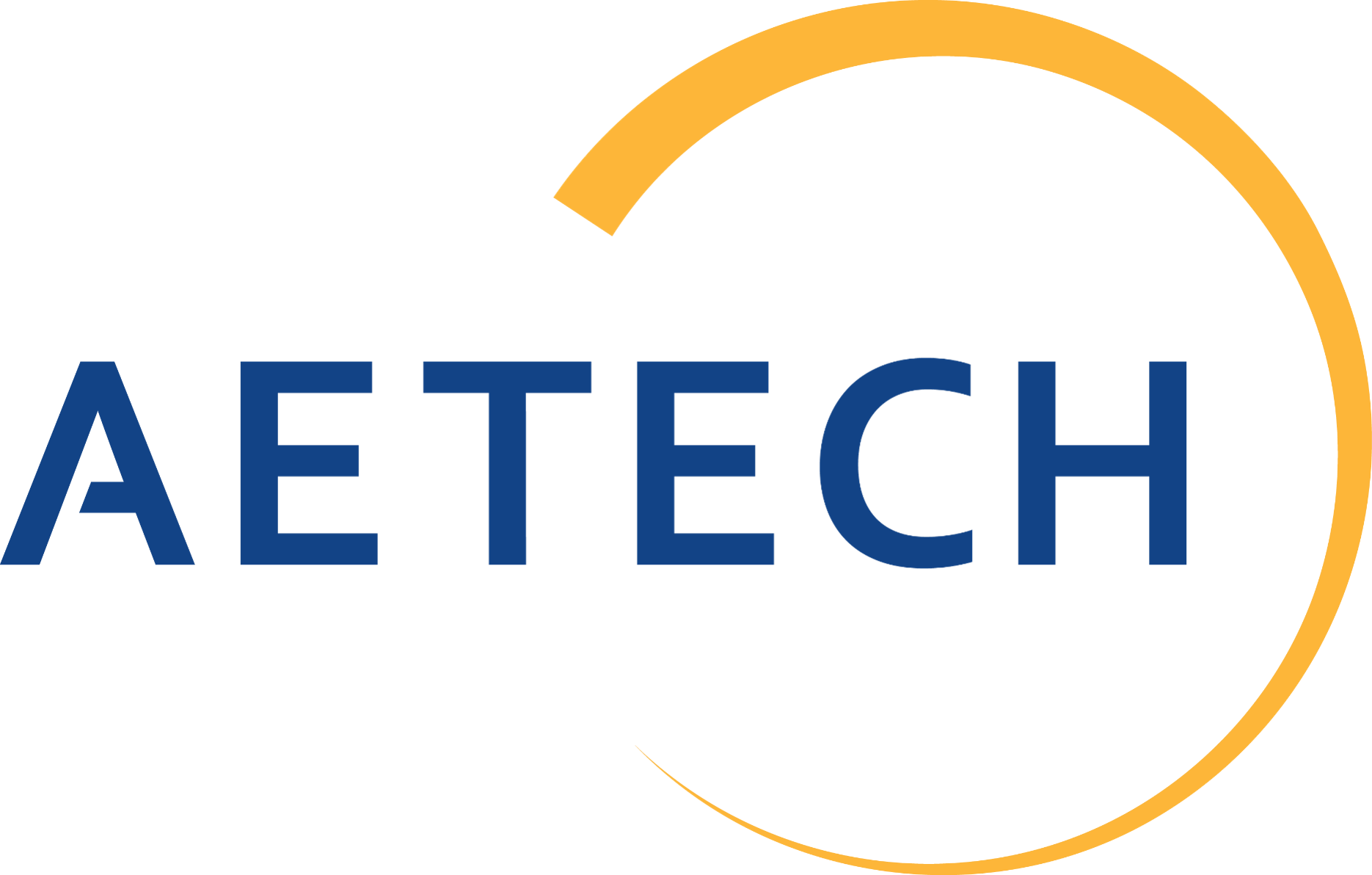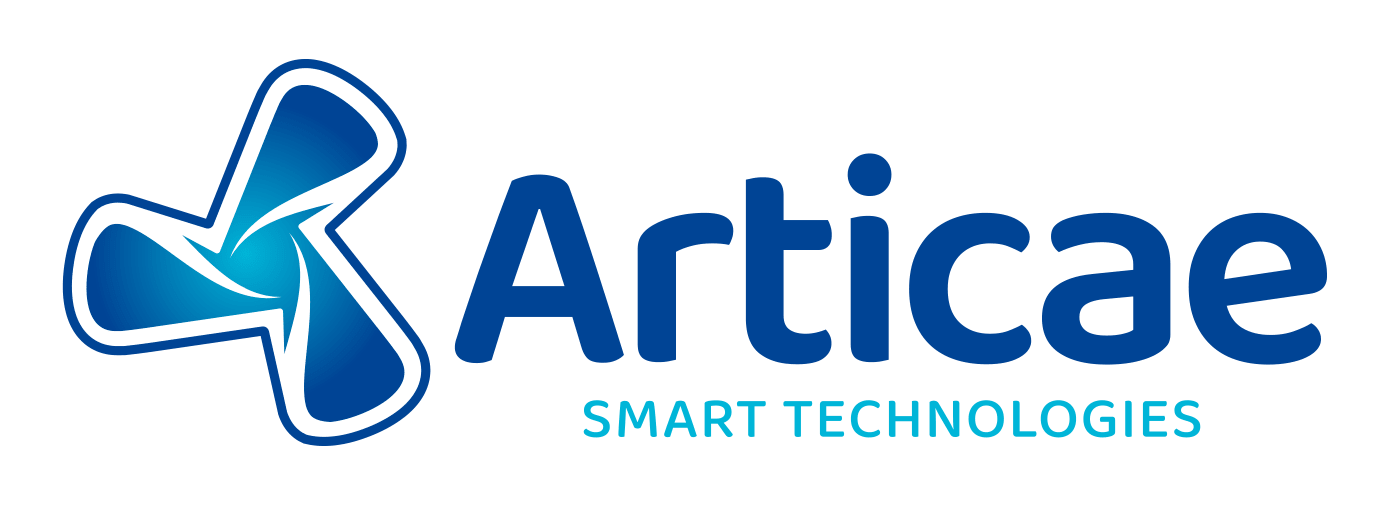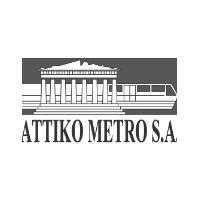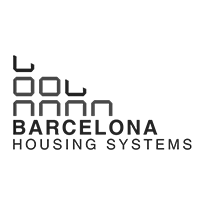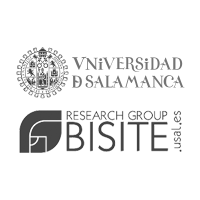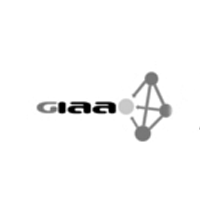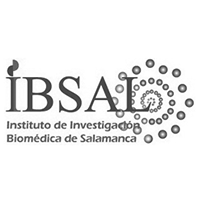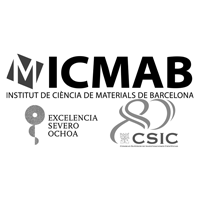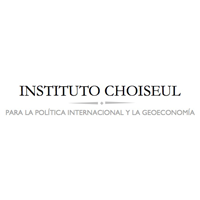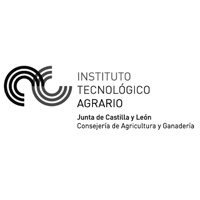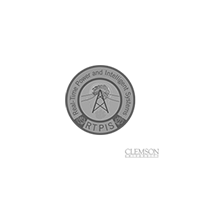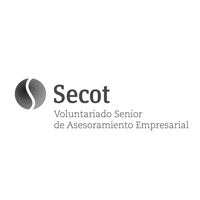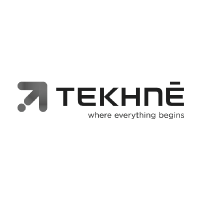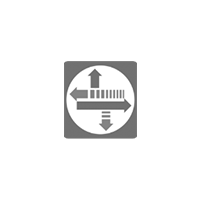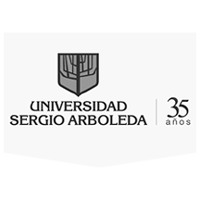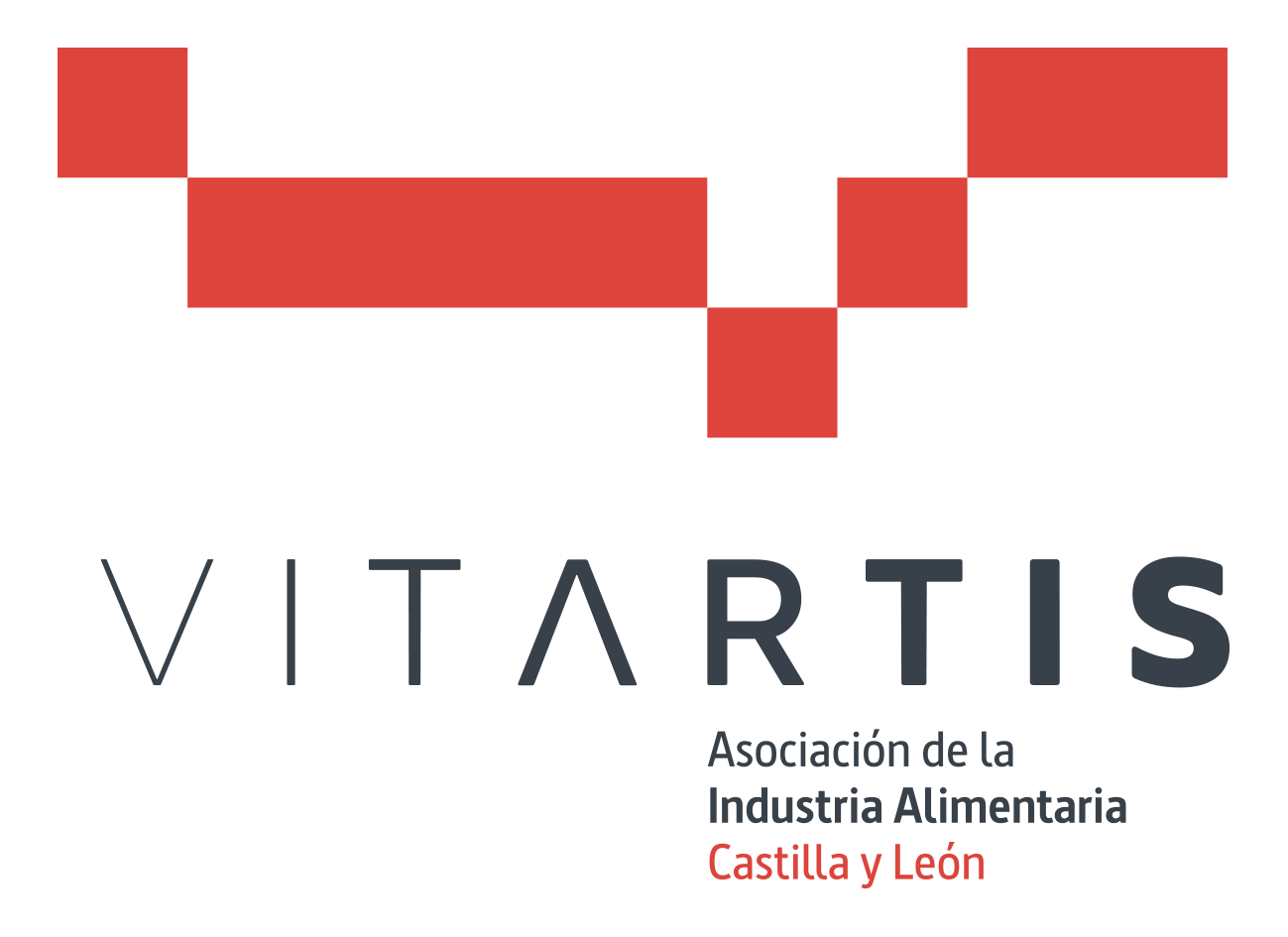IoT requires a global approach to achieve economic and social impact
The first Artificial Intelligence Forum and the Internet of Things in Intelligent and Sustainable Cities of Latin America, organized by the International Telecommunications Union (ITU) with the collaboration of other international organizations, is held this week in Buenos Aires, Argentina.
With little Latin American presence, the forum tried a first approach to the problem of developing IoT in Latin America, where most of the population currently lives in urban areas. Of the government and regulatory authorities, only representatives of the regulator and ministry of Argentina -site of the forum- and just one member of the Ministry of Planning of Brazil, who focused his presentation on the development of industry 4.0 in his country, participated.
"The successful processes result from an adequate symbiosis between technological innovation, public policy and business cases that make it sustainable", opened the event Héctor Huici, Secretary of Information Technologies and Communications of Argentina.
In this sense, he called for public-private collaboration to boost the development of the sector. The vision was shared by panelists such as Bernardo Calzadilla Sarmiento, director of the Department of Trade and Investment of the body in charge of industrial development within the United Nations, which recommended a "multi-stakeholder" approach to thinking about the IoT problem.
As the only representative of the telecommunications providers, Pablo Bello, head of the Ibero-American Telecommunications Association (Asiet), spoke. The executive recalled - in a speech that resembles the one he made at the last Digital Inclusion forum - that Latin America has lost a great opportunity for growth in the last 20 years and called for not making the same mistake in the next 15 years. years.
In this regard, he asked to work on improving productivity through the use of IoT and technologies in the productive field. "We are closing the digital divide of connected people, but the worrying fact is that the gap in connected devices is widening," he said.
According to a Cisco report, there are currently two devices connected per person in Latin America, while in 2021 it will rise to three. In the United States, the variation will be from eight to 13 and in Europe, from five to seven in the same period. "Here we have a central problem. It is a structural backwardness that will affect the economic growth of the next two years, "said Bello. He added that the lag has nothing to do with the availability of infrastructure but with the productive use that is made of it.
Optimism reigned in the forum, and most speakers agreed that IoT and Smart Cities could help improve productivity, leverage economic growth and offer better service to customers. "The industrial revolution should help productivity in areas such as health, industry, energy and communications," said Celedonio Von Wuthenau, director of Government Relations at Nokia.
Even in the entire IoT value chain, there is room for regional economies and small and medium-sized companies that can do business with the development of different types of sensors and solutions for IoT.
However, the authorities pointed out that it is necessary to think beyond technological adoption in order for these projects to be successful. "Artificial Intelligence, Big Data, IoT and Blockchain are key words for the cities' development agenda, but the agenda of human rights and democracy is also fundamental," said Lidia Brito, Regional Director of the Unesco office. "We have to bring these issues to the debate and to the technology debate," he concluded.
